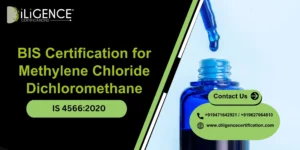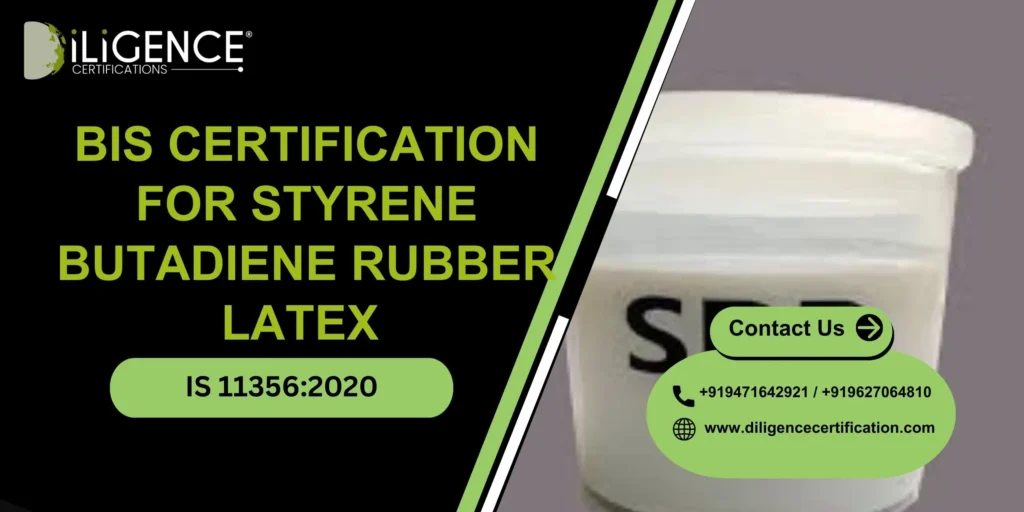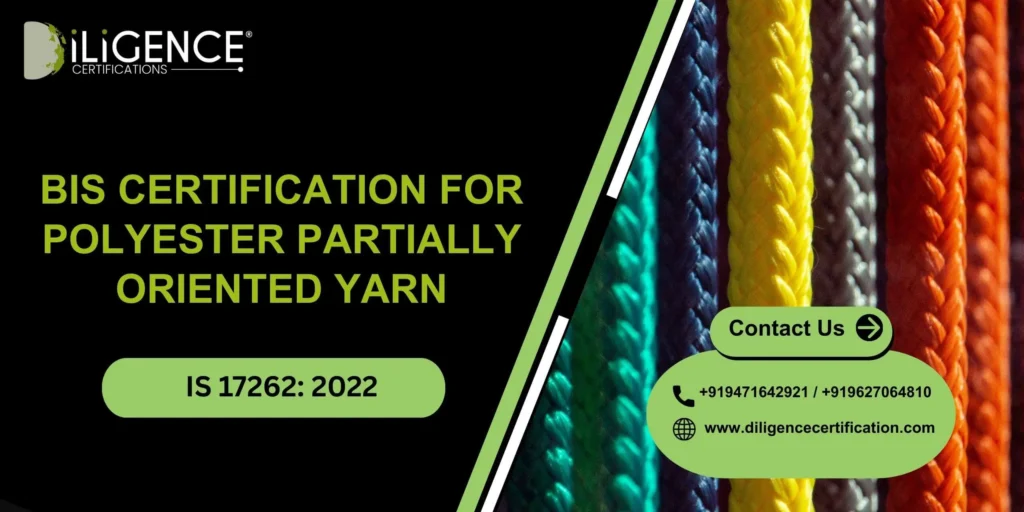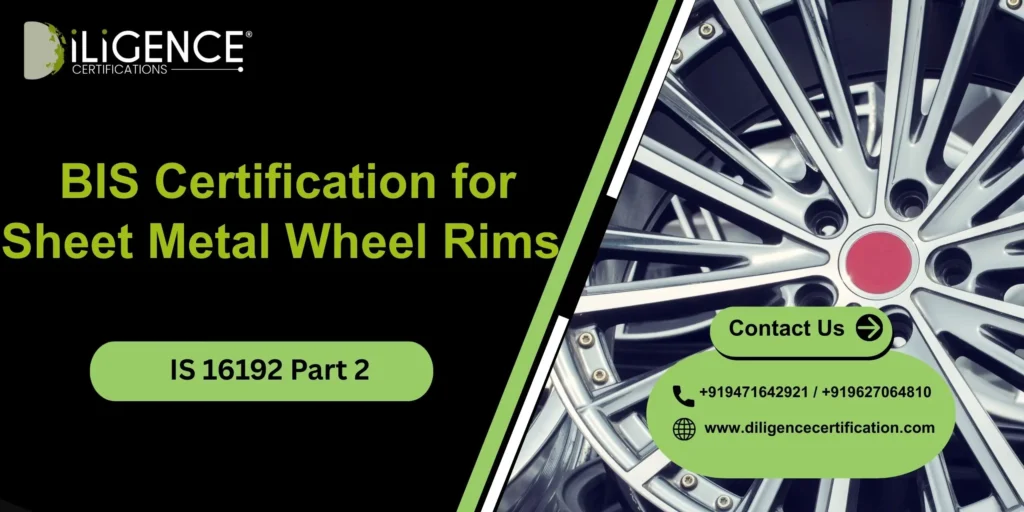- BIS Stainless Steel Certification ensures your products meet India’s safety and durability standards.
- Mandatory under QCO, this certification shields your brand from non-compliance penalties. Learn how global clients leverage Bureau of Indian Standards approvals to stay competitive.
- BIS Stainless Steel Certification is compulsory for notified products under India’s Quality Control Orders (QCO)
- The Bureau of Indian Standards verifies chemical composition, mechanical strength, and corrosion resistance
- Without BIS, foreign-made goods cannot clear Indian customs regardless of other global certificates
- Factory audits ensure consistent quality across production batches
- Over 15 specific IS codes apply to different stainless steel products
- BIS certification helps protect Indian consumers from substandard steel
- Holding BIS approval improves trust and brand confidence in Indian buyers
Introduction
Last year, a German client manufacturing high-end hospital-grade surgical trays faced a huge setback while exporting to India. Their stainless steel trays — premium and precisely engineered — were held up at Indian customs because they lacked a Certification for Stainless Steel. Despite their robust European credentials, Indian law demanded a BIS mark under the latest Quality Control Order. This delayed their delivery, risking penalties and a loss of business to competitors.
This is why BIS Stainless Steel Certification is not just a checkbox — it’s a vital business safeguard. If your stainless steel products are entering the Indian market, the Bureau of Indian Standards certificate is your only shield against costly rejections, customer distrust, and legal blocks.
How BIS Certification Boosted Brand Trust?
Alongside the German and American cases, we also assisted a Singapore-based kitchen sink brand that had robust ASEAN certifications. When they expanded to India, their stainless steel 304 sinks fell under IS 5522 and required BIS licensing. Without BIS Certificate, their Indian distributors refused to stock the product. Our team guided them through testing, factory auditing, and ISI mark application. Today, they proudly advertise “BIS-certified” on their Indian marketing to differentiate from cheap imports.
“The BIS Certificate mark made Indian customers believe we take local compliance as seriously as global safety,” said their export manager.
What Is BIS Stainless Steel Certification?

BIS Stainless Steel Certification is a third-party attestation granted by the Bureau of Indian Standards confirming your stainless steel product meets the applicable Indian Standards (IS codes) for safety, durability, performance, and corrosion resistance.
When a Quality Control Order (QCO) covers your product category, BIS certification is mandatory. No manufacturer or importer can legally supply stainless steel goods in India without a BIS Certificate licence once the QCO is notified.
In effect, BIS Certificate guarantees that your product meets:
- Precise chemical composition standards
- Mechanical properties (tensile strength, hardness, etc.)
- Tolerances and finish
- Resistance to corrosion
which gives Indian buyers confidence and protects public safety.
Why Is BIS Stainless Steel Certification Mandatory?

Indian regulators introduced QCOs to keep substandard stainless steel goods out of the market. Cheap, unsafe steel is prone to:
- Rusting or corroding in water
- Cracking under load
- Harming users in applications like cookware, pipelines, and surgical trays
That is why BIS Certificate licensing under the QCO is non-negotiable for products notified. Failure to get BIS approval means your goods can be seized or destroyed at customs.
“Think of the BIS mark as your visa to enter the Indian market with your stainless steel,” says an official from the Bureau of Indian Standards.
Global Client Compliance
One of our US-based clients manufacturing stainless steel water bottles had huge traction in India’s growing reusable drinkware market. Their 304-grade steel bottles, certified by NSF and other US agencies, were still not sufficient for BIS. Our team guided them through IS 13983 testing, factory audit, and BIS Standard Mark licensing — avoiding detention at Indian ports. That client now uses their BIS certificate as a selling point, giving Indian distributors full confidence in their products.
BIS Certification Process for Stainless Steel Products
Step 1: Identify the Relevant IS Standards
Each stainless steel product has its own Indian Standard (IS code). For example:
- IS 6911 for stainless steel sheets and plates
- IS 5522 for stainless steel kitchen sinks
- IS 6912 for stainless steel wires
- IS 13282 for stainless steel for food contact applications
In total, there are more than 15 IS codes for various stainless steel items notified under QCO.
Step 2: Product Testing
Send product samples to a BIS Certificate-recognised laboratory. The lab tests for:
- chemical composition (chromium, nickel, molybdenum content)
- mechanical strength
- corrosion resistance
Step 3: Factory Audit
BIS inspectors will visit your factory to verify quality controls and traceability. This proves you consistently make products to Indian standards.
Step 4: BIS License Grant and Marking
Once tests and audits pass, BIS Certificate issues the licence, and you can apply the ISI mark on the stainless steel. This is then valid for sale in India.

Complete List of IS Standards for Stainless Steel
Here is a concise guide to the Indian Standards relevant for stainless steel under BIS:
- IS 6911: Stainless Steel Sheets and Plates
- IS 5522: Stainless Steel Kitchen Sinks
- IS 6912: Stainless Steel Wires
- IS 13282: Stainless Steel for Food Contact
- IS 3444: Stainless Steel Bars and Rods
- IS 6603: Stainless Steel Tubes for Structural Purposes
- IS 2508: Stainless Steel Cold Rolled Strips
- IS 6528: Stainless Steel Tubes for General Engineering
- IS 6789: Stainless Steel Pipes for Industrial Use
- IS 8062: Stainless Steel Castings
- IS 7595: Stainless Steel Fasteners
- IS 6913: Stainless Steel Foils
- IS 12734: Stainless Steel Electrodes
- IS 11850: Stainless Steel Pipe Fittings
- IS 13983: Stainless Steel Kitchenware
This PDF Taken from BIS Official Site this is a reference Link “Stainless Steel Guide“
Benefits of BIS Stainless Steel Certification
Protects Indian Consumers
BIS approval ensures Indian households, industries, and hospitals only get corrosion-proof, durable stainless steel.
Builds Global Credibility
Once you hold a BIS certificate, Indian customers view your products as genuinely compliant — opening massive distribution opportunities.
Avoids Legal Penalties
No BIS Certificate? Customs can block your shipments and impose harsh fines.
Competitive Advantage
With a BIS Certificate mark, you stand out from other exporters still struggling with licensing.
BIS Stainless Steel Certification Requirements
To achieve a BIS Stainless Steel Certification under India’s QCO, you must meet the following requirements:
- Complete application via the BIS Certificate online portal (Form VI)
- Provide a detailed manufacturing process flow
- Product samples tested at BIS Certificate-recognized labs
- Factory inspection for manufacturing consistency
- Factory Quality Management System in place
- Full compliance with applicable IS codes (see the IS code list above)
- Agreement to use the BIS Standard Mark with license number
- Payment of prescribed certification and inspection fees
The applicant must also maintain regular internal quality checks and cooperate with periodic BIS Certificate surveillance audits after licensing.
Renewal and Surveillance Requirements for BIS Stainless Steel License
Once your stainless steel product is certified under BIS Certificate, your license does not run forever. It needs to be renewed every two years. During renewal, the BIS Certificate authorities may:
- Re-test your product from factory samples
- Perform fresh audits of your quality management system
- Verify ongoing compliance with the applicable IS codes
- Check for misuse or unauthorized marking of the ISI logo
Ignoring these surveillance requirements can result in suspension or cancellation of your BIS Certificate licence, which will stop your goods at customs and disrupt your Indian supply chain. Global clients often underestimate this and think a single certificate is permanent — but BIS actively enforces periodic renewal to protect Indian consumers.
Labeling and Marking Guidelines for BIS Stainless Steel Products
In addition to product tests and factory audits, BIS Certificate also requires correct labeling of stainless steel goods. The marking must include:
- The ISI mark with the license number
- The relevant IS standard reference (for example, IS 5522)
- Manufacturer name or code
- Batch or lot number
- Any special safety information if applicable
Wrong or incomplete labeling can trigger customs delays and even penalties. Think of the ISI mark as a “passport stamp” — without it, your stainless steel cannot legally be sold in India. This is true whether you’re selling water bottles, industrial piping, or medical trays.
Why Choose Diligence Certifications?
“We act as your partner, not just a consultant.”
At Diligence Certifications, we have supported over 300 global stainless steel brands in achieving BIS Certificate licensing seamlessly. Our India-based team offers:
- End-to-end certification handling
- Coordination with BIS-approved labs
- Real-time status updates
- Post-approval compliance monitoring
Clients say our process saves them 8–12 weeks compared to handling BIS alone.
Diligence Certifications – Delivering confidence, one BIS license at a time.
Conclusion
Whether you are a kitchenware brand in Singapore, a hospital equipment supplier in Germany, or a reusable drinkware company in the USA, India’s BIS Stainless Steel Certification remains non-negotiable if you wish to access the Indian market. Under QCO rules, no global approval can substitute BIS — you must align with India’s safety and durability expectations.
By working with a trusted partner like Diligence Certifications, you get a reliable roadmap through the complicated testing, audit, and documentation maze. Our hands-on guidance supports global stainless steel exporters, cutting down delays and avoiding customs roadblocks.
In short, BIS Stainless Steel Certification is not just a legal formality — it is your trustmark for the Indian customer.
If you are serious about expanding to India compliantly and with confidence, get in touch with Diligence Certifications today.
Contact our BIS stainless steel experts for a free consultation and secure your brand’s place in India’s rapidly growing stainless steel market.
Partner with Diligence Certifications, and transform compliance from a burden to a competitive advantage.
Get your free BIS stainless steel consultation now.
Frequently Asked Questions
Is BIS stainless steel certification mandatory for kitchen sinks?
Yes, IS 5522 applies to stainless steel kitchen sinks, and QCO makes BIS certification compulsory for imports or domestic sales.
How long does it take to get a BIS Certificate license for stainless steel?
Typically 6–12 weeks, depending on lab testing turnaround, documentation, and factory audit scheduling.
What happens if I ship without BIS certificate?
Your shipment can be seized, and you may face penalties or a ban on imports under the Customs Act.
Can my US or EU certifications replace BIS?
No. BIS is India’s legal requirement, even if you already hold European or US certificates.
Do stainless steel fasteners need BIS certification?
Yes, fasteners fall under IS 7595, and the QCO for fasteners mandates BIS licensing.
How much does BIS certification cost?
Fees vary depending on product category, testing fees, and audit travel, but expect a starting cost around INR 1–2 lakhs.
Does BIS cover recycled stainless steel?
Yes, but you must prove the final product meets IS standards regardless of recycled content.
How often is a BIS license renewed?
Every two years, subject to continued compliance and periodic audits.
Who performs the BIS inspection?
Bureau of Indian Standards inspectors or BIS-approved auditors will conduct the checks.
Can Diligence Certifications help with documentation?
Absolutely — we manage documentation, testing coordination, and communication with BIS for clients worldwide.



 BIS Certification
BIS Certification
 CDSCO
CDSCO
 CPCB
CPCB
 LMPC
LMPC
 WPC Approval
WPC Approval
 Global Approvals
Global Approvals
 TEC
TEC
 ARAI
ARAI
 BEE
BEE
 ISO Certification
ISO Certification
 Drone Registration
Drone Registration
 NOC For Steel
NOC For Steel



















 Business Registration
Business Registration














 Legal Services
Legal Services
 Trademark Registration
Trademark Registration
 Copyright Registration
Copyright Registration
 Patent Registration
Patent Registration

















































